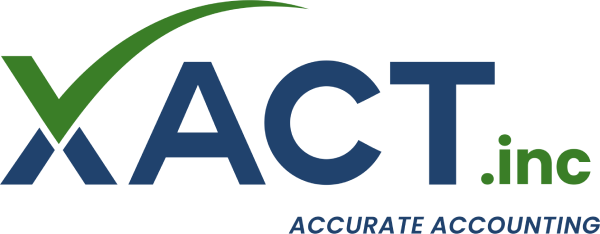Corporate Tax USA Guide for Small Business
Taxes are an essential component of any economy, providing governments with the necessary revenue to fund public services and infrastructure. In the United States, corporate taxes play a significant role in the nation’s fiscal policy, impacting businesses of all sizes, including small enterprises. For small businesses navigating the complexities of corporate taxation, understanding the basics is crucial. This article aims to provide insights into the corporate tax USA and how it applies to small businesses.

Overview of Corporate Taxation
Corporate taxes are levied on the profits earned by corporations operating within the United States. At the federal level, the Internal Revenue Service (IRS) governs the US corporate tax rate, while state governments oversee taxation within their respective borders.
Tax Structure for Small Businesses
Small businesses in the United States can choose from various legal structures, each with its taxation implications. The most common structures of corporate tax USA include sole proprietorships, partnerships, S-corporations, and C-corporations. Each structure comes with its tax treatment, affecting how profits are taxed, as well as the level of liability protection for owners.
C-Corporations
C-corps are distinctive legal entities separate from their parent entities. They are subject to corporate income tax on their profits at the federal level. The US corporate tax rates for C-corporations can vary depending on the level of taxable income, with higher rates applied to higher income brackets. Additionally, C-corporations may also be subject to state corporate income tax.
S-Corporations
S-corporations on the other hand, are pass-through entities where profits are passed on to shareholders and taxed at their individual income tax rates. This small business tax rate structure allows business owners to avoid double taxation, as they are not subject to corporate income tax at the federal level. However, S-corporations may still be liable for state income tax.
Tax Deductions and Credits
Often small business tax rates may be eligible for various tax deductions and credits aimed at reducing their taxable income. Some common corporate tax USA deductions include expenses related to operations, such as salaries, rent, utilities, and supplies. Additionally, small businesses may benefit from credits for research and development, investments in renewable energy, and hiring certain types of employees, among others.
Tax Compliance and Reporting
Compliance with corporate tax USA regulations requires small businesses to maintain accurate financial records and file annual tax returns with the IRS and relevant state agencies. Failure to comply with US corporate tax rate obligations can result in penalties and fines, making it essential for small business owners to stay organized and up-to-date with their tax responsibilities.
Tax Planning Strategies
Effective tax planning is essential for small businesses to minimize their tax liabilities and maximize their after-tax profits. Strategies such as income shifting, timing of expenses, and investment in tax-advantaged assets can help businesses optimize their tax positions. Consulting with corporate tax USA professionals or financial advisors can provide valuable insights and guidance tailored to the specific needs of each business.
Conclusion
Navigating the US corporate tax rate system can be challenging for small businesses, but understanding the basics is essential for compliance and financial success. Businesses, by familiarizing themselves with the small business tax rates, tax structures, deductions, compliance requirements, and planning strategies, can better manage their tax obligations and optimize their financial outcomes. Seeking professional advice when needed can further enhance their tax planning efforts and ensure compliance with applicable laws and regulations. Ultimately, a proactive approach to corporate taxation can contribute to the long-term success and sustainability of small businesses in the USA.
Was the article informative & helpful? Have more questions about small business tax laws? Write back to us at [email protected]

